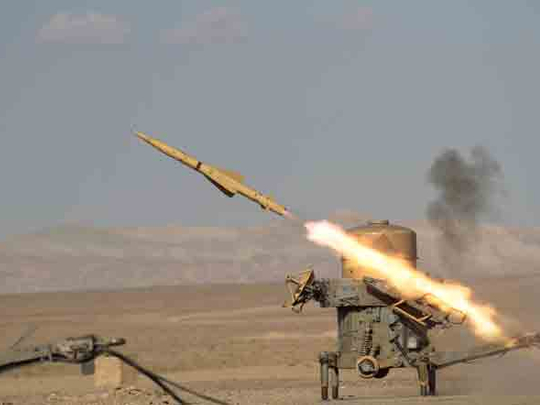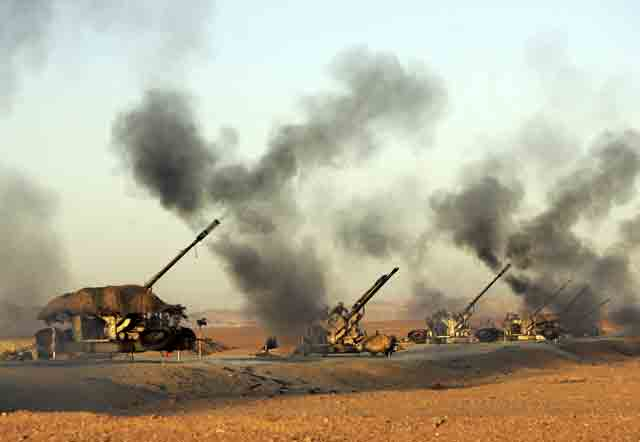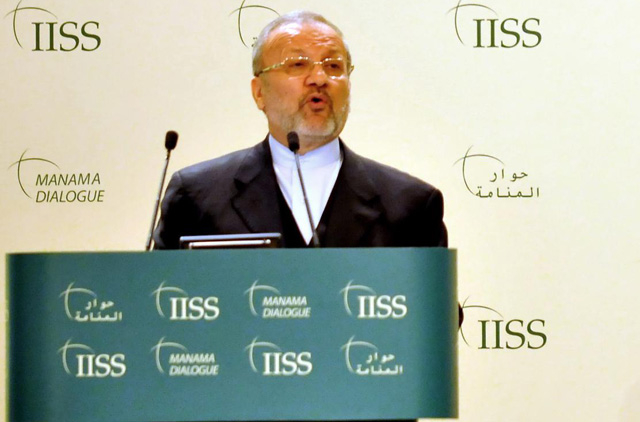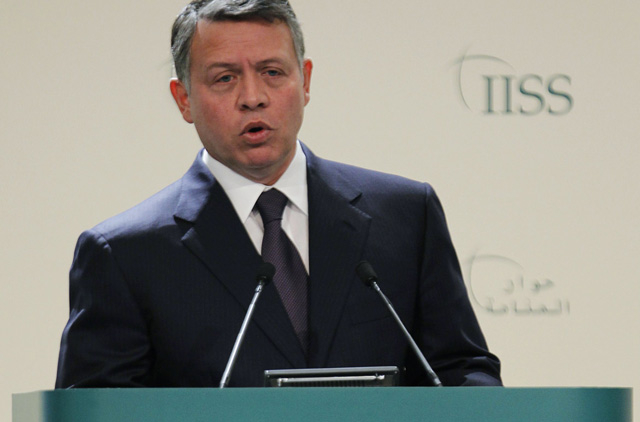
Manama: Iran must take the first steps to dispel the fear that Gulf states have over its nuclear programme, Saudi Prince Turki Al Faisal Bin Saud, Chairman of the King Faisal Centre for Research and Islamic Studies, said during a debate organised by Al Arabiya TV, discussing Yemen security.
While the debate on Friday night was aimed at discussing security problems in Yemen arising from the growing presence of Al Qaida, Iran seemed to steal the limelight.
Yemeni Foreign Minister Dr Abu Bakr Al Qirbi, Bahraini Foreign Minister Shaikh Khalid Bin Ahmad Bin Mohammad Al Khalifa, Saudi Prince Turki Al Faisal and British Defence Secretary Dr Liam Fox shared the panel at the Manama Dialogue.
While the stability of Yemen and Iraq were cited as important issues for Gulf states to resolve in the short term, Shaikh Khalid said Iran will remain a long-term issue. "We must deal with problems from Iran as they arise," he said.
From the British side, Defence Secretary Fox said that the strategic, economic and geopolitical importance of the Gulf, made Gulf security an international concern. "It is not in our interest or the interest of the region to have massive domination by a single country. Equilibrium in the Middle East is in the interest of the international community," he added.
During the 1980s the US position to support Iraq against Iran during the Iran-Iraq war was part of a strategic foreign policy called Dual Containment which made sure no single entity whether it be Iran or Iraq emerge as a superpower in the region.
Today, Iran sees itself in an increasingly influential position following the ousting of Iraqi leader Saddam Hussain.
Western governments and many Arab countries have been openly critical of Iranian "interference" in the region, citing their support for groups like Hezbollah in Lebanon, Hamas in Palestine and Shiite groups in Gulf states.
Direct talks
Later in the evening, US Secretary of State Hillary Clinton gave a special address speaking directly to Iran as Iranian Foreign Minister Manouchehr Mottaki was a few feet away from her in the audience.
On Monday, the P5 +1 countries will meet in Geneva to have direct talks with Iran over its nuclear programme.
"You have a right to a peaceful nuclear programme, but it comes with responsibility to address international concerns. Unfortunately the latest IAEA report indicates that you are choosing the path of isolation. We hope on Monday you will be able to restore our confidence," Clinton said.
UAE: Development is Key
UAE Foreign Minister Shaikh Abdullah Bin Zayed Al Nahyan has said development is the key to security in the region as he congratulated Qatar on winning the 2022 bid to host the Fifa World Cup.
Addressing delegates and journalists during the Manama Dialogue, Shaikh Abdullah said Qatar’s victory was a testament that positive forces are at work in the Gulf that contribute to the defeat of instability in the region. The UAE firmly believes that you cannot fight an ideological war without changing mindsets, according to Shaikh Abdullah.
“We must excite people about the future and empower women. Everyone should have a stake,” he said.
On the Palestinian issue he said that they need assistance in institution building but warned that regional forces have manipulated the plight of the Palestinians to sow instability.
“UAE believes that solving the Palestinian issue will be a game changer and have positive spill-over effects in the Middle East,” he said. He said the UAE continues its assistance to Afghanistan and Yemen in their struggle against terror and it remains a vital interest to continue supporting these two countries.
Saudi Prince suspicious over selective leaks
Prince Turki Al Faisal, former Saudi Ambassador to the US and chairman of the King Faisal Centre for Research and Islamic Studies, expressed suspicion over the manner and selectiveness of WikiLeaks, which has left many Gulf leaders weary of being forthright in future conversations with the US.
Speaking to Gulf News on the sidelines of a televised debate organised by Al Arabiya TV on the status of Yemen security, Prince Turki said he completely agreed with GCC Secretary General Abdul Rahman Al Attiyah’s comments earlier this week, that the leaks over-emphasised the Gulf leaders’ positions and statements and concerns on Iran, and Israel remains the number one enemy of the Arabs.
“I completely agree with Al Attiyah. Whose interest do these leaks serve?” he asked, in reference to Israel. “The reports do not follow any order. It is clear the goal was to shed light on certain things. We don’t have a complete picture,” he said.
Support for special UN tribunal
During a discussion on Gulf security, US Secretary of State Hillary Clinton threw her support behind the Special Tribunal for Lebanon declaring: “The special tribunal established by the United Nations represents a statement by the world that the era of political assassination with impunity in Lebanon or anywhere must end. To those who claim that the tribunal will destabilise Lebanon, I would answer justice is not a threat to Lebanon’s stability. The attempt to subvert justice by undermining the tribunal [is] the threat. The US joins the international community in supporting a sovereign, independent and stable Lebanon.”















